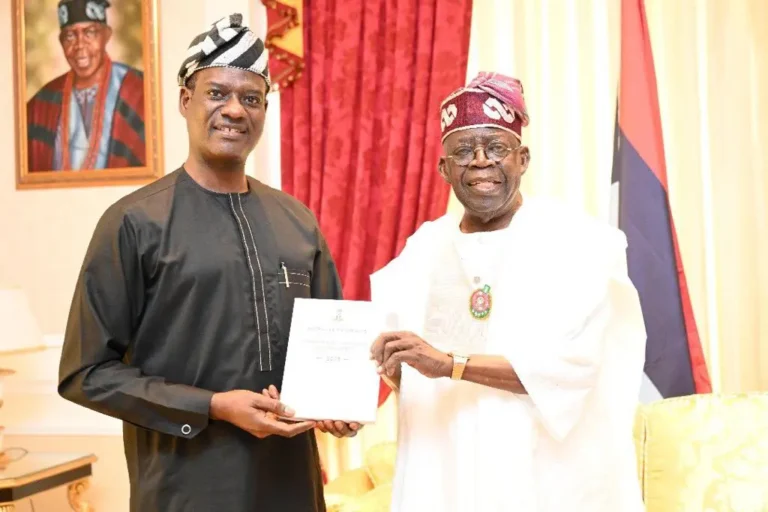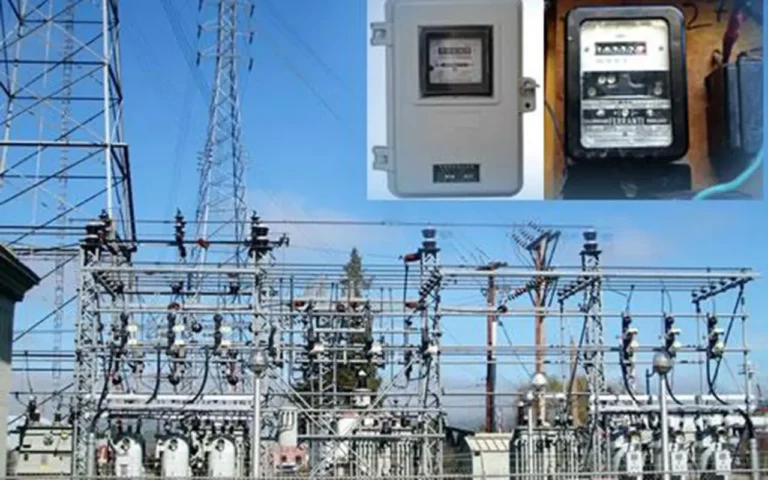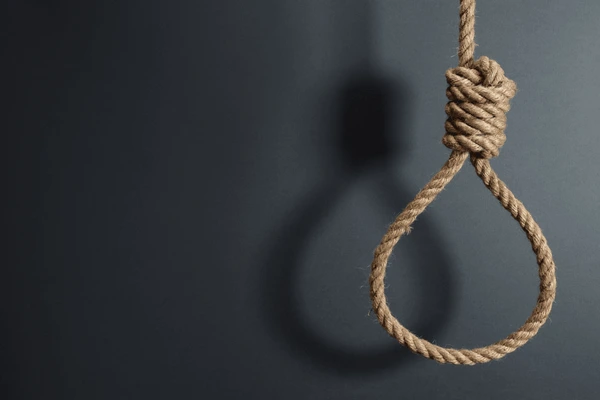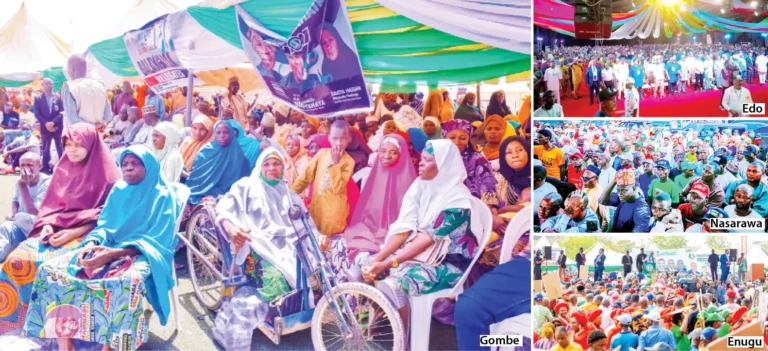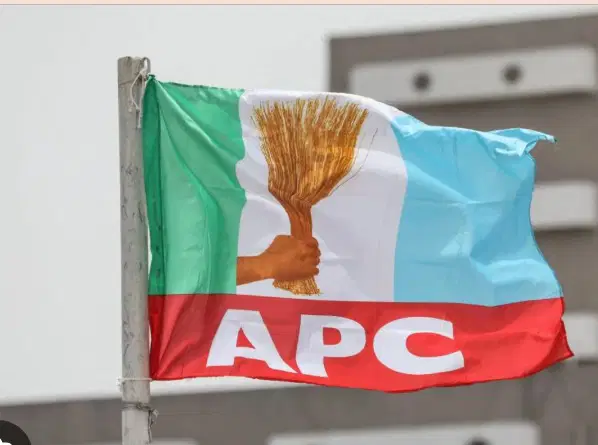
The United States chapter of the All Progressives Congress (APC) has asked to testify before the US House Subcommittee on Africa today (Thursday) as American lawmakers review former President Donald Trump’s redesignation of Nigeria as a “Country of Particular Concern” (CPC) over alleged religious persecution.
In a letter to the Subcommittee Chairman, Rep. Chris Smith, APC USA said it was prepared to send a high-level delegation to present what it described as “firsthand intelligence and verifiable data” on Nigeria’s security realities.
APC USA Chairman, Prof. Tai Balofin, confirmed the request in a statement made available in Abuja, saying the group hoped to provide clarity on what it views as misconceptions surrounding Nigeria’s security challenges.
“We support religious freedom for all Nigerians, but narratives abroad often fail to reflect the full complexity of the crisis,” Balofin said. “The insecurity in Nigeria is driven by banditry, resource conflict, climate pressures and transnational crime-not solely by religious persecution. Congress deserves the complete picture before reaching conclusions.”
Balofin noted that the proposed testimony would also highlight what the group sees as security gains under President Bola Tinubu’s administration.
“These include progress in degrading terrorist networks, improvements in early-warning systems, and stronger interfaith engagement,” he said, citing reports from Nigerian authorities and international monitors.
The APC USA delegation also plans to recommend deeper US–Nigeria cooperation on security, intelligence sharing and humanitarian support.
“Chairman Chris Smith has long championed human rights and religious liberty,” Balofin added. “We respectfully ask him to grant APC USA the opportunity to contribute to a fair, accurate and solution-driven discussion.”
The call for testimony comes shortly after Nigeria criticised the United States for excluding it from a UN event hosted by American rapper Nicki Minaj, which focused on alleged killings of Nigerians from a particular faith group.
Nigeria’s chargé d’affaires to the UN, Syndoph Endoni, condemned the exclusion, saying it amounted to “shaving our head in our absence.”
“It is important that the country at the centre of such allegations is present and has a voice,” Endoni said. He noted that US officials told Nigerian diplomats that organisers wanted the event “private” due to fears of reprisals against participants.
Endoni warned that unilateral actions could worsen tensions and argued that inclusive dialogue was necessary for meaningful progress.
The US House Subcommittee on Africa will meet at 11 a.m. today in Room 2172 of the Rayburn House Office Building to debate Nigeria’s CPC redesignation. The hearing will be broadcast live.
If upheld, the designation could open the door to sanctions against Nigerian officials accused of religious-freedom violations and restrict certain categories of US assistance.
Witnesses expected to testify include senior US State Department officials Jonathan Pratt and Jacob McGee; the Director of the Center for Religious Freedom, Nina Shea; Bishop Wilfred Anagbe of the Makurdi Catholic Diocese; and Oge Onubogu of the Center for Strategic & International Studies.
The session will examine the extent of religious persecution in Nigeria and potential policy responses, including sanctions and humanitarian intervention.
Trump’s Claim and Nigeria’s Response
On October 31, 2025, former President Donald Trump redesignated Nigeria as a CPC, claiming that Christians in the country face severe, targeted persecution. Trump alleged “thousands” of killings and warned that the US could cut aid-or even intervene militarily-if Nigeria failed to act.
“If the Nigerian government continues to allow the killing of Christians, the USA will immediately stop all aid and may very well go into that now-disgraced country ‘guns-a-blazing,’” Trump said in a November 1 statement.
President Bola Tinubu swiftly rejected the claims.
“Nigeria stands firmly as a democracy governed by constitutional guarantees of religious liberty,” Tinubu said on X. “The characterisation of Nigeria as religiously intolerant does not reflect our national reality. Religious freedom and tolerance remain core to our identity.”
Nigeria has maintained that its security crisis is rooted in criminality, economic pressures and environmental stress-not organised persecution sanctioned by the state.
The outcome of today’s congressional hearing could influence future US-Nigeria relations, depending on whether lawmakers decide to uphold or challenge the CPC designation.
VANGUARD.

